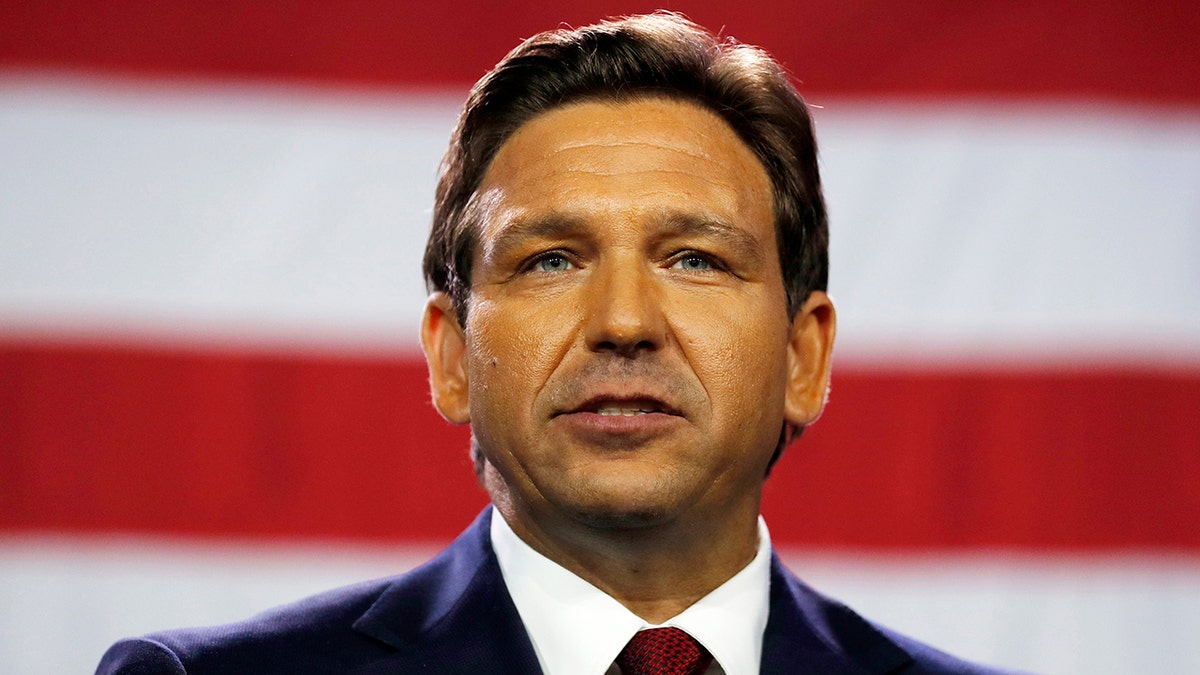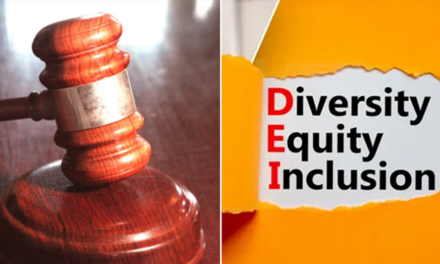We support our Publishers and Content Creators. You can view this story on their website by CLICKING HERE.
As the debate rages on whether U.S. universities should enshrine or cut their diversity, equity, and inclusion (DEI) programs, a new study has found that a large chunk of American college students reject being force-fed these initiatives.
College research and data site College Rover surveyed over 1,000 American college students and found that 45 percent of them oppose making DEI courses mandatory on college campuses.
College Rover founder Bill Townsend, who published the study in November, told Fox News Digital that these students oppose mandatory DEI programs because they “may feel apprehensive about enforced participation, viewing it as limiting personal choice or ideological freedom.”
On the other hand, 54 percent of college students believe “these classes should be mandatory for all students,” his report noted.

A new study revealed that nearly half of U.S. college students don’t want DEI courses mandated in their schools.
The author remarked on the almost 50-50 split among students on this topic, telling Fox, “Our survey results highlighted a nuanced and polarized stance on DEI initiatives… The consistency suggests entrenched perspectives influenced by both growing awareness of DEI benefits and persistent skepticism about their execution.”
Though college students are torn on DEI courses being mandated at universities, most view DEI programs in a favorable light. “Seventy percent of college students describe the overall impact of DEI programs as positive, saying these initiatives have increased their understanding of diversity and inclusion,” the report declared.
It added that 79 percent of Democratic students agree that DEI programs are “positive,” while 64% of Republican students have the same opinion.
However, the study also revealed that only 47 percent of college students would want to take a class that “focuses on race, gender, or identity.” Only 30 percent of Republican students said they’d want to take such classes, while 60 percent of Democratic students expressed they’d take one.
Only 10 percent of students told College Rover they “feel uncomfortable discussing race, gender, or sexual identity in class” altogether, “mainly due to the fear of being judged or misunderstood,” the report added.
TEXAS SCHOOLS WARNED OF FINANCIAL PENALTIES IF THEY SKIRT DEI BAN: ‘STRONGEST BILL IN THE NATION’

The University of Michigan was one of many U.S. colleges that rolled back some portion of their DEI programs this year. (Raymond Boyd/Getty Images)
Townsend noted that students’ opinions are influenced by the public rancor over DEI initiatives, but they seem more open to them than the public.
“Students’ views certainly echo the passion seen in public discourse, but they appear slightly more open to engagement and discussion,” he said, adding, “nearly half of the students reported that DEI programs made them more open to diverse perspectives.”
“This openness may come from being in academic environments that encourage dialogue, though some remain hesitant due to fear of judgment.”
When asked what prompted his study, Townsend mentioned the “growing public debate surrounding Diversity, Equity, and Inclusion initiatives in education and their tangible impact on students.”
“With so much polarization, we wanted to ground the conversation in data, asking: Are these programs fostering inclusion or sparking division?” he said.
Many major American universities have rolled back their DEI programs in 2024 in response to public backlash. Texas public universities eliminated DEI offices, DEI-related positions and mandatory DEI training. This included layoffs and restructuring at institutions like the University of Texas at Austin and Texas A&M.
CLICK HERE FOR MORE COVERAGE OF MEDIA AND CULTURE
The University of Michigan dismantled a set of DEI requirements in 2024, with the school stating in a recent news release that it “will no longer solicit diversity statements as part of faculty hiring, promotion and tenure.”
One of the school’s faculty working groups recommended the university toss out seeking the statements because of “their potential to limit freedom of expression and diversity of thought on campus.”
The University of North Carolina system redirected millions from DEI initiatives to public safety and discontinued DEI programs on campuses in May. Additionally, Iowa’s three public universities — the University of Iowa, Iowa State University and the University of Northern Iowa — began eliminating DEI offices and reallocating funds after a state law was passed earlier this year.
Under Florida Gov. Ron DeSantis’ administration, Florida restricted DEI in public universities in 2023.
Outside the university sphere, President-elect Donald Trump vowed on the 2024 campaign trail to eliminate DEI programs in the federal government, following years of the U.S. Department of Education under the Biden administration spending more than $1 billion on DEI.

Florida Gov. Ron DeSantis. (Octavio Jones/Getty Images)
Townsend remarked on this nationwide pushback, telling Fox, “Whereas 70% view these initiatives positively, the concerns about whether DEI promotes diversity of thought are valid. In order for DEI programs to be successful, they need to balance the fostering of inclusivity with a lack of ideological conformity.”
The researcher warned that rejecting DEI programs altogether could be a rash move.
“As noted above, ill-trained but ill-equipped teaching about DEI has undermined much of the positive aspects of DEI,” he said. “This may be a case of throwing out the ‘baby with the bathwater.’”
“Pendulums in society and societal moods always occur – this is faster and more abrupt with the internet and social media (especially when the latter is manipulated),” he added.
Fox News Digital’s Jamie Joseph contributed to this report.

 Conservative
Conservative  Search
Search Trending
Trending Current News
Current News 





